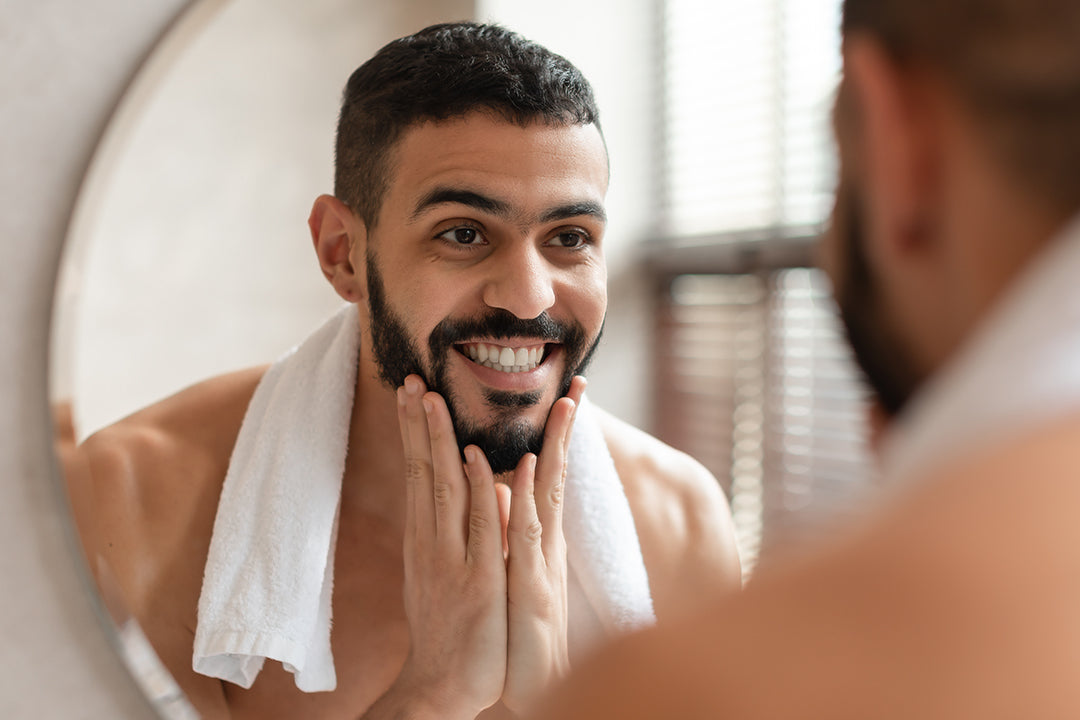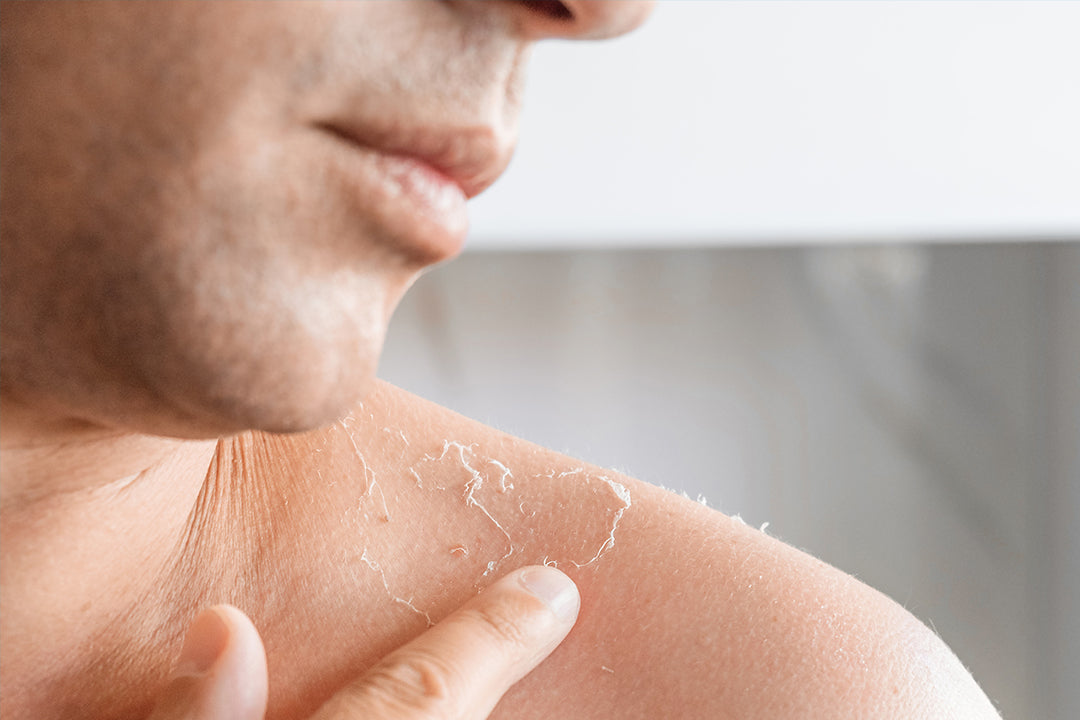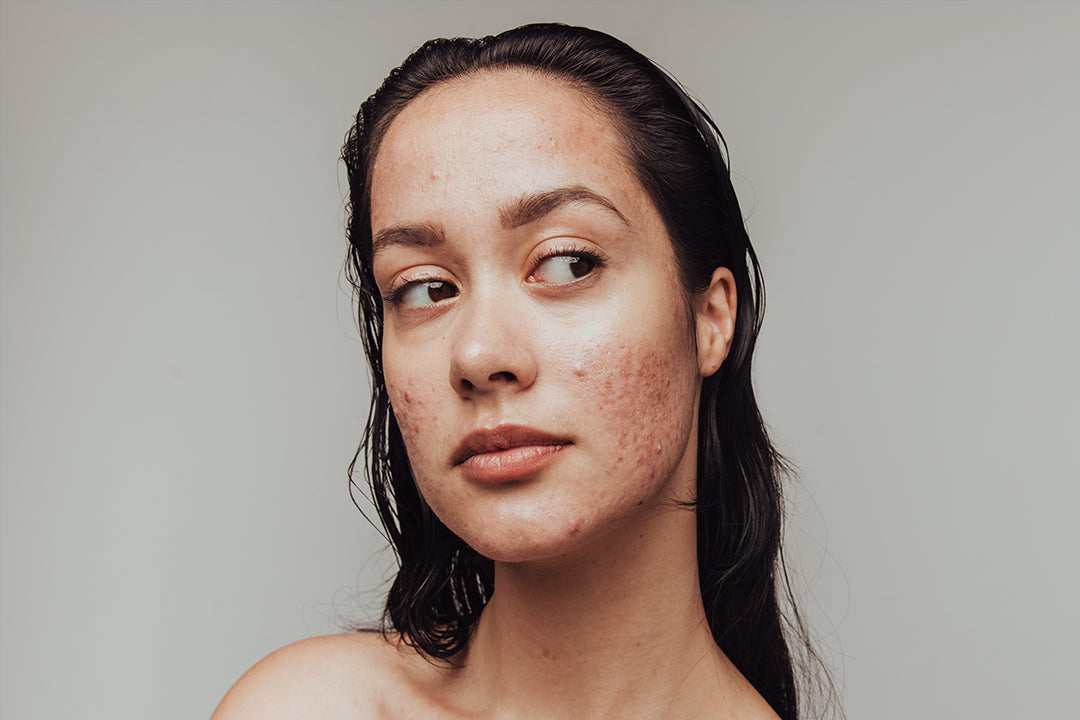If you have oily skin, you know how frustrating it can be to deal with shine, breakouts, and other skin problems. But did you know that your diet plays a significant role in the health of your skin? By following a proper oily skin diet chart, you can reduce oil secretion, prevent breakouts, and achieve healthier, clearer skin.
How to Diagnose Your Skin Type
Before we dive into the best foods to eat and avoid for oily skin, let's first discuss how to diagnose your skin type. Understanding your skin type is essential for determining the right skincare routine and diet. Here are a few signs that indicate you have oily skin:
- Excess oiliness, especially in the T-zone (forehead, nose, and chin)
- Frequent breakouts and acne
- Enlarged pores
- Shiny appearance, especially in photos
If you can relate to these symptoms, it's likely that you have oily skin. Now, let's explore the best and worst foods for oily skin to create an effective diet plan.
Best Foods for Oily Skin
- Hydrate Your Skin with Cucumber: Cucumbers are a great addition to your diet if you have oily skin. They are hydrating and help reduce oil secretion, keeping your skin moisturized and refreshed.
- Green Vegetables Help Regulate Oil: Green vegetables like spinach, kale, and broccoli are rich in vitamins and antioxidants that help regulate oil production and promote healthy skin.
- Citrus Fruits Help to Moisturize and Detoxify: Citrus fruits like oranges, lemons, and grapefruits are packed with vitamin C, which helps moisturize the skin and detoxify the body. They also have astringent properties that can help reduce excess oil.
- Dark Chocolate is Also a Good Food for Acne-Prone Skin : Yes, you read that right! Dark chocolate with a high percentage of cocoa can actually be beneficial for acne-prone skin. It contains antioxidants that help fight inflammation and promote healthier skin.
- Drinking Coconut Water Helps Reduce Oiliness and Prevent Acne: Coconut water is not only refreshing but also great for oily skin. It helps reduce oiliness, hydrate the skin, and prevent acne breakouts.
- Eating Carrots Helps Prevent Dark Pigmentation on the Skin: Carrots are rich in beta-carotene, which helps prevent dark pigmentation on the skin. Adding carrots to your diet can improve your skin's overall tone and texture.
- Banana is a Good Fruit for Acne-Prone Skin: Bananas are not only a delicious snack but also beneficial for acne-prone skin. They contain vitamins A, B, and E, which help reduce inflammation and promote clear skin.
- High Antioxidant Avocado Helps Increase Skin Elasticity: Avocado is a superfood for your skin. It's rich in healthy fats and antioxidants that help increase skin elasticity and reduce excess oil production.
- Peas Help Reduce Inflammation: Peas are a great source of vitamins and minerals that help reduce inflammation in the body and promote healthier skin.
- Whole Grains Provide a Lot of Fiber: Whole grains like oats, brown rice, and quinoa are excellent for oily skin. They are rich in fiber, which aids in digestion and helps regulate oil production.
- Nuts That Heal Wounds: Some nuts like almonds and walnuts are rich in omega-3 fatty acids, which help heal wounds, reduce inflammation, and improve overall skin health.
Foods to Avoid for Oily Skin
While incorporating the right foods into your diet is crucial for oily skin, it's equally important to avoid certain foods that can exacerbate oiliness and lead to breakouts. Here are some foods to avoid if you have oily skin:
- Dairy products: Dairy contains hormones that can increase oil production and clog pores. Opt for dairy alternatives like almond milk or soy milk.
- Processed and fried foods: These foods are high in unhealthy fats and can contribute to excess oil production and acne.
- Sugary snacks and drinks: Foods and drinks with high sugar content can cause inflammation and lead to breakouts.
- Alcohol: Alcohol can dehydrate the skin and stimulate oil production. Limit your alcohol intake for healthier skin.
- Spicy foods: Spicy foods can trigger inflammation and worsen skin conditions like acne. Opt for milder options instead.
The Bottom Line
A proper diet chart for oily skin is essential for maintaining healthy, clear skin. By incorporating the best foods for oily skin and avoiding the worst ones, you can reduce oil secretion, prevent breakouts, and achieve a radiant complexion. Remember to drink plenty of water, follow a balanced diet, and maintain a consistent skincare routine for optimal results.









